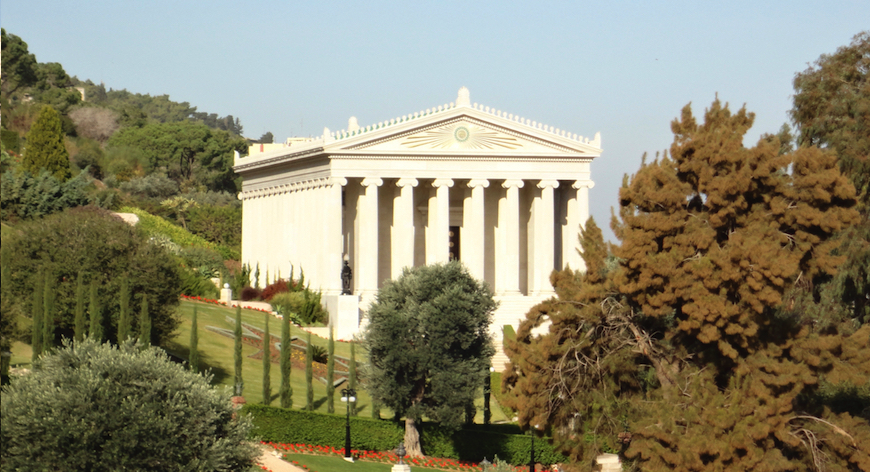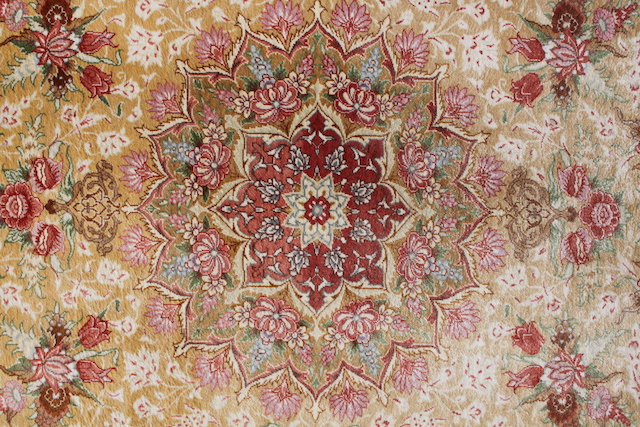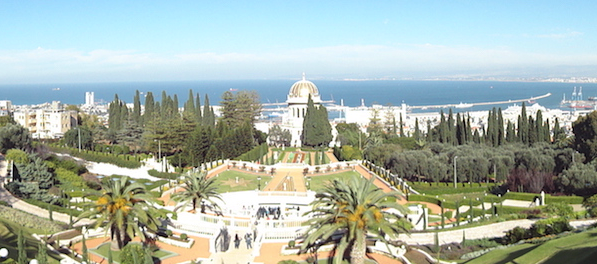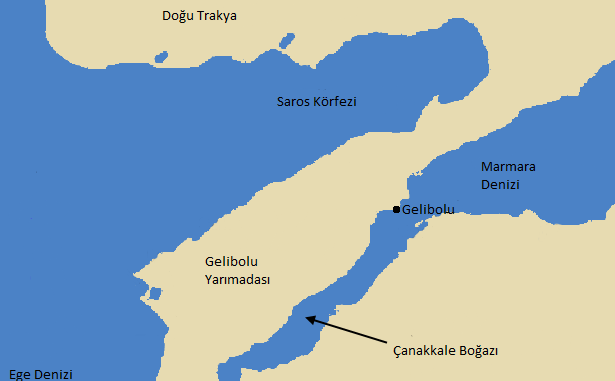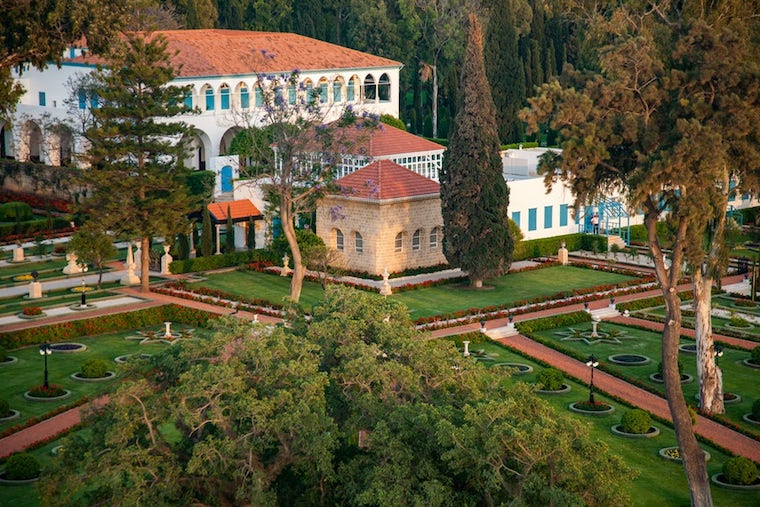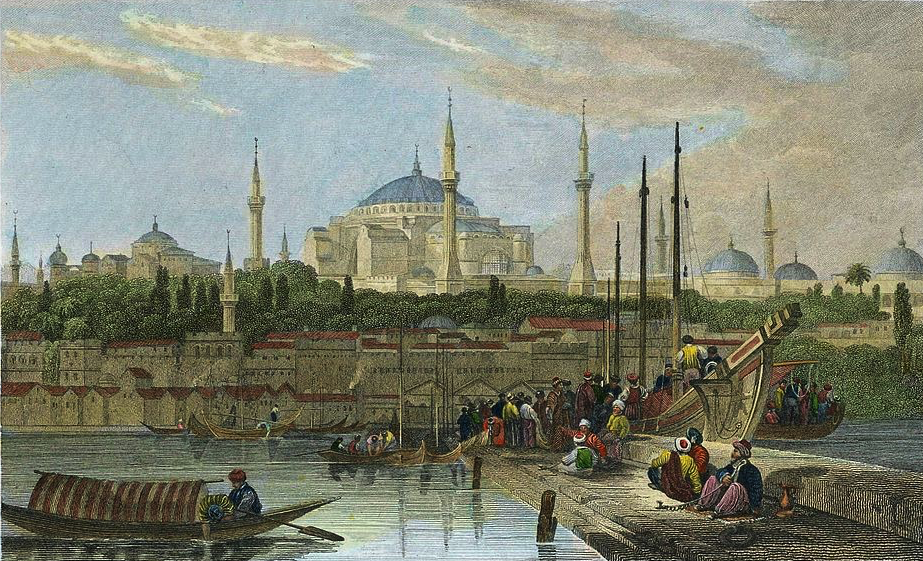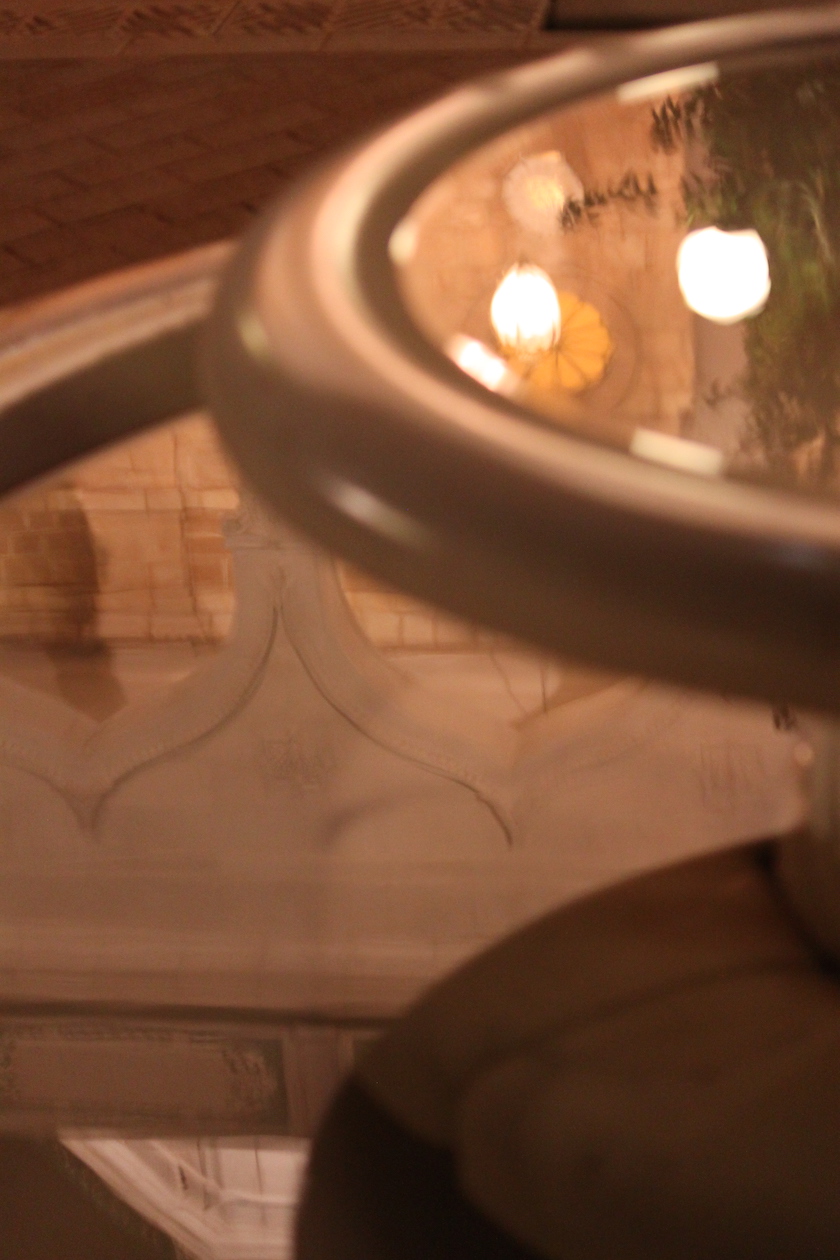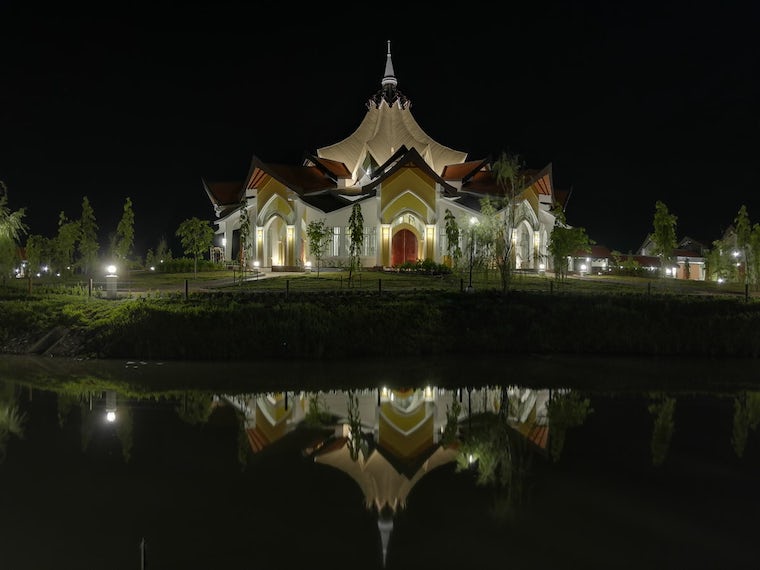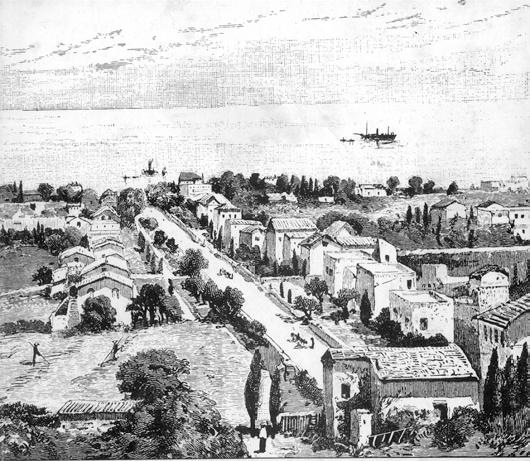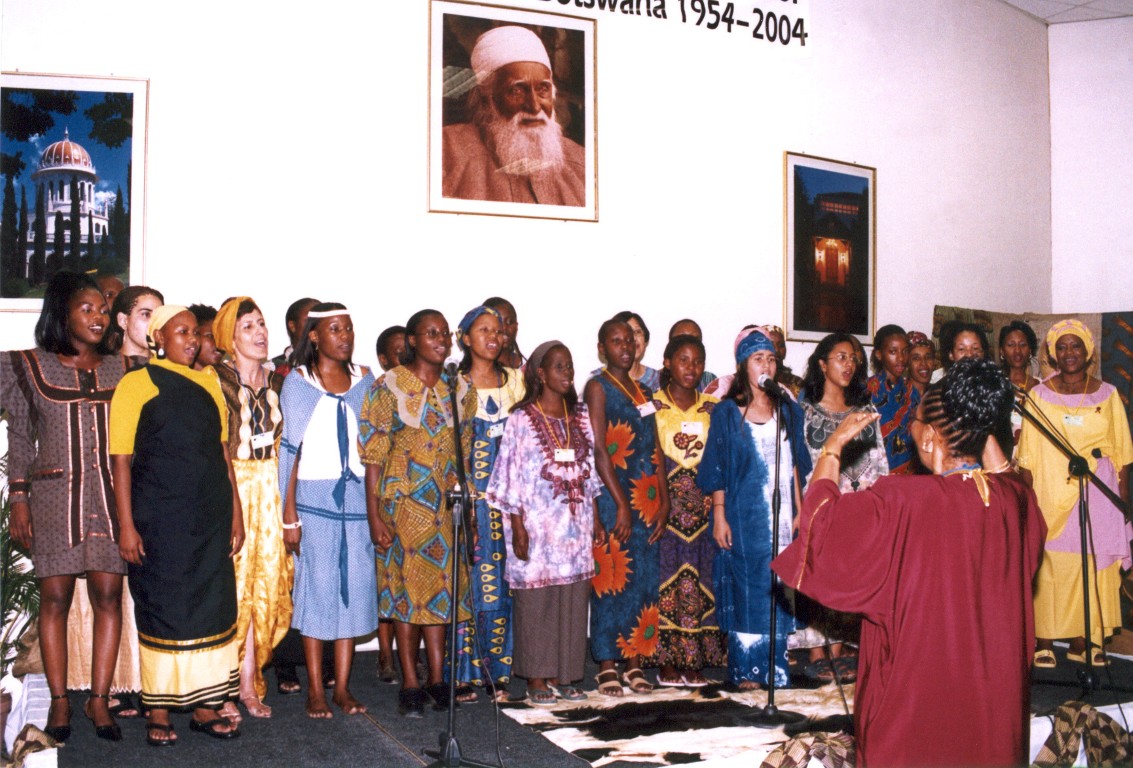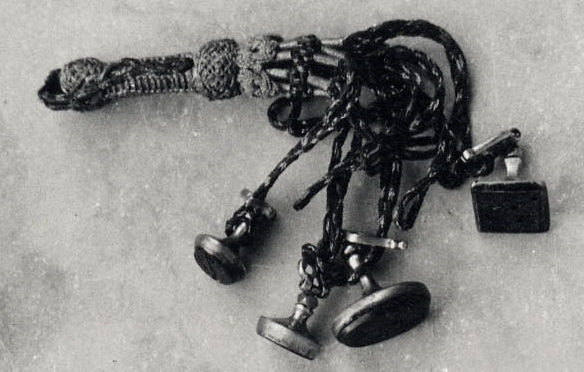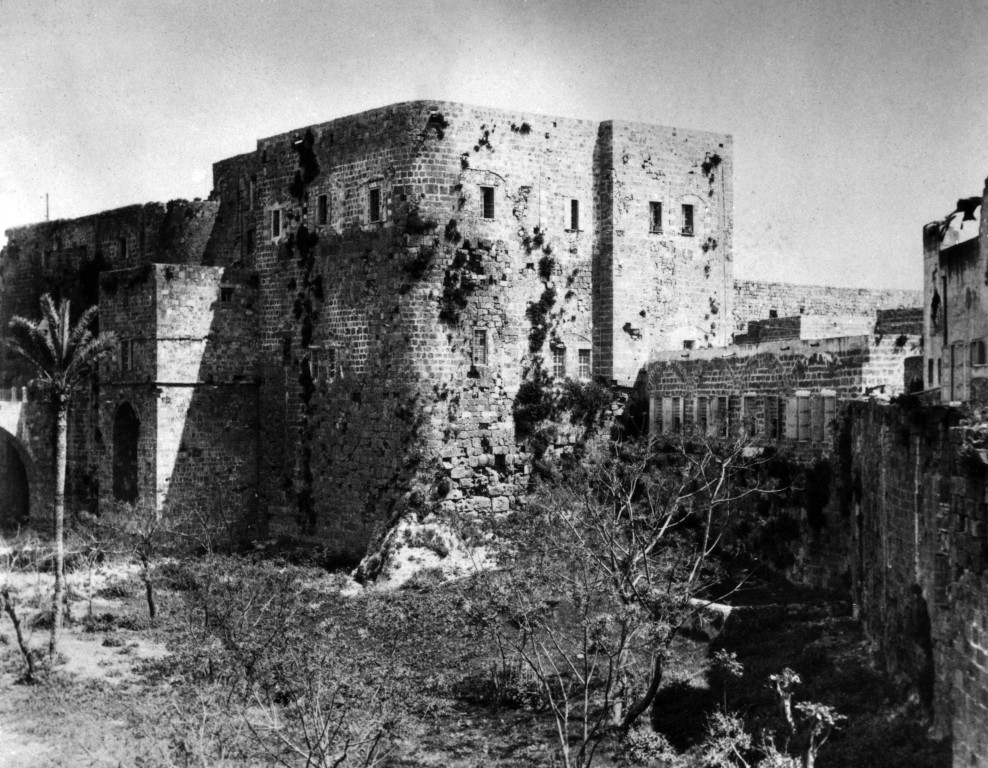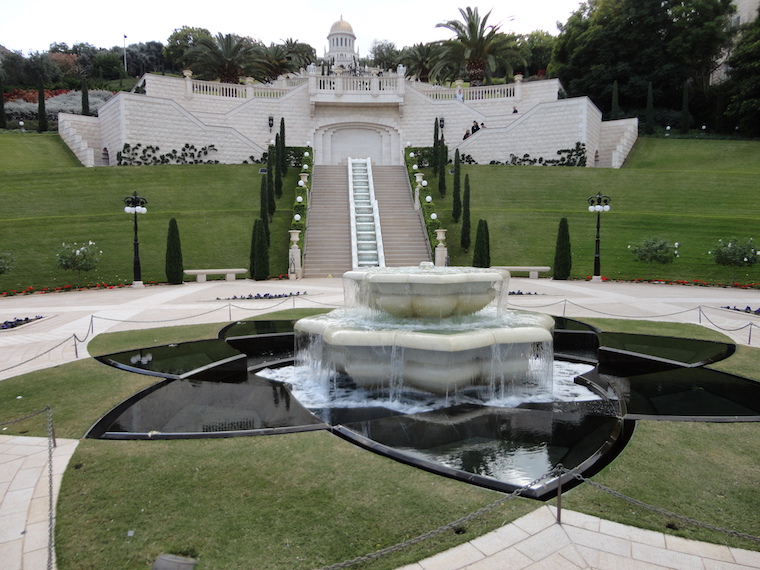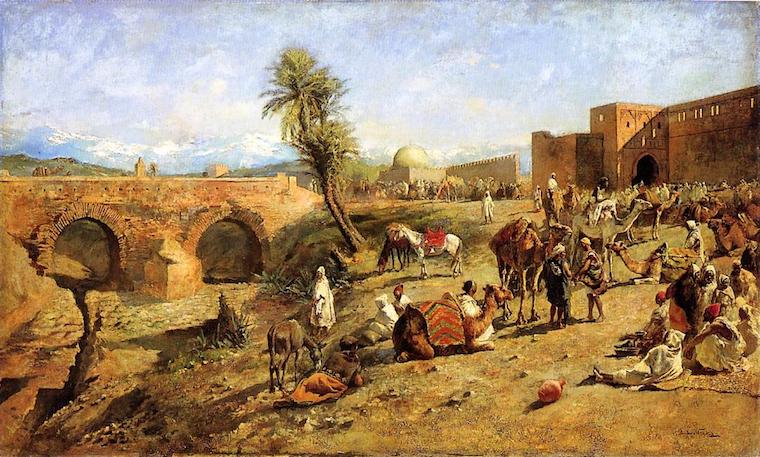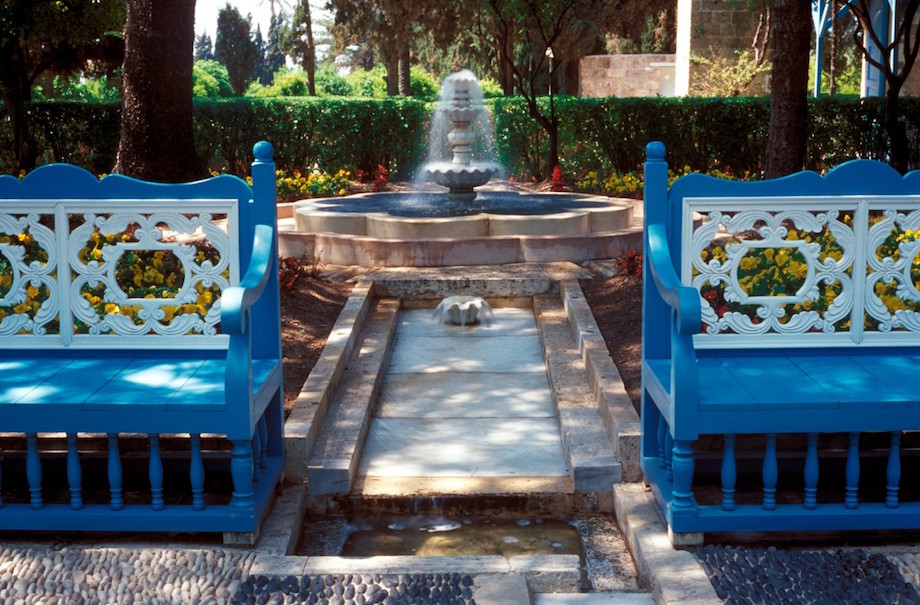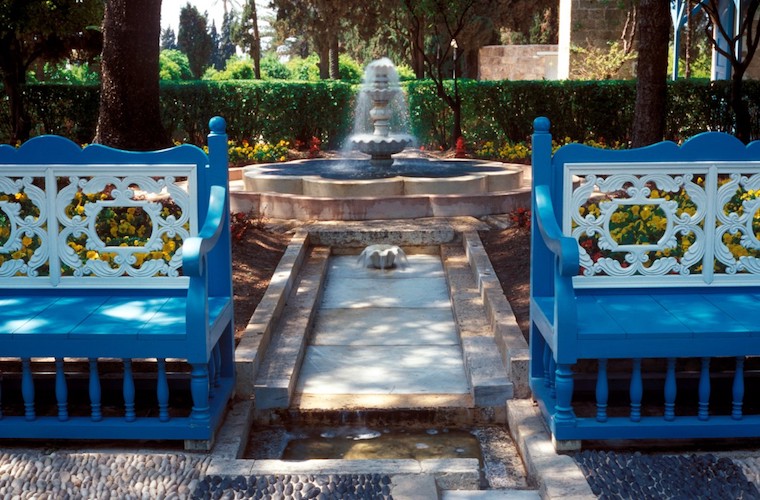Bahaullah's Writings
-
The World and the Self
For a work about the world as a whole, the Tablet of the World is personal: intensely personal. It reflects the fact, commented on in a previous article – that the personal is universal. The world and the self are intimately interconnected. As in many passages of Bahá’u’lláh’s writings old concepts are recast — suddenly providing new insight – new inspiration. Like the prophets of old: like Jesus in the Temple or Muhammad cleansing the Kaaba, Bahá’u’llah casts down false idols. The idols that Baha’u’llah casts down are not physical however. They are idols in our hearts. And in the Tablet of the World Bahá’u’lláh calls us to free ourselves from their harmful domination.…
-
The Tablet of the World and Bahá’u’lláh’s Homeland
The Tablet of the World was written in 1891 in Haifa. It was written at a time when two of Bahá’u’lláh’s followers lay imprisoned because of their faith. These two, Ali-Akbar, and Haji Abu’l Hassan-i-Amin, had been designated Hands of the Cause and the Tablet of the World starts by honouring them. The words used to do so are resonant: Light and glory, greeting and praise be upon the Hands of His Cause, through whom the light of fortitude hath shone forth and the truth hath been established that the authority to choose rests with God, the Powerful, the Mighty, the Unconstrained, …[1] After drawing our minds to the sacrificial lives of such individuals,…
-
The Beatitudes of Bahá’u’lláh
In the Lawh-i-Aqdas – Bahá’u’lláh speaks primarily to those familiar with the teachings of Jesus Christ. He concludes this message with twenty-one beatitudes. These, obviously evoke the beatitudes of Jesus and the sermon on the mount, and there are many similarities. But there is also a different resonance. When Jesus spoke two thousand years ago he prepares his followers — those who truly arose to a Christian life — for suffering — counselling his followers to see beyond the external realities of an illusory world. Although Bahá’ulláh also draws attention to persecution in his path and his call is also one to arise to a spiritual life, the primary note…
-
Bahá’u’lláh’s Message to Christians
The Lawh-i-Aqdas – the Most Holy Tablet – is addressed to Christians. Bahá’u’lláh announces his mission to the followers of Christ. Almost at its outset, the call is made: O followers of the Son! Have ye shut out yourselves from Me by reason of My Name?[1] These words allude to passages such as the following from the Bible. The nations will see your vindication, and all kings your glory; you will be called by a new name that the mouth of the Lord will bestow.[Isaiah 62:2] To him who overcomes, to him I will give … a new name written on the stone which no one knows but he who receives…
-
Metaphors for Bahá’u’lláh: the Sun of Knowledge, the Ocean of Wisdom, the Royal Falcon
Innumerable metaphors for Bahá’u’lláh appear in his writings. They enrich our understanding of who Bahá’u’lláh is. One of the most striking such metaphors appears in the Lawh-i-Maqsud. He that hath Me not is bereft of all things. Turn ye away from all that is on earth and seek none else but Me. I am the Sun of Wisdom and the Ocean of Knowledge. I cheer the faint and revive the dead. I am the guiding Light that illumineth the way. I am the royal Falcon on the arm of the Almighty. I unfold the drooping wings of every broken bird and start it on its flight.[1] In this context, it is quoted from an earlier work by Bahá’u’lláh – the…
-
Lawh-i-Maqsud – Principles of the Bahá’u’lláh’s teachings
We have already been exploring the Lawh-i-Maqsud – written in the closing years of Bahá’u’lláh’s life. In addition to the themes already discussed we find some of Baha’u’llah’s most characteristic teachings, a number of which Abdu’l Baha identifies as principles of Bahá’u’lláh’s teachings. Bahá’u’lláh gives us a panoramic vista of unity among human beings illuminating dimension after dimension. The following are brief extracts from this one message. It contains much more. If any man were to meditate on that which the Scriptures, … have revealed, he would readily recognize that their purpose is that all men shall be regarded as one soul … The tabernacle of unity hath been raised;…
-
If the Learned Illuminated the Path to Human Unity …
“The cult of [national sovereignty] has become mankind’s major religion. The intensity of worship of the idol of the national state, is of course, no evidence that national sovereignty provides a satisfactory basis for the political organization of mankind … The truth is the very opposite … It seems fairly safe to forecast that, if the human race survives, it will have abandoned the ideal and practice of national sovereignty.” [Arnold Toynbee, The Reluctant Death of Sovereignty, Center for Study of Democratic Institutions, July 1970] These are the words of a leading historian of the twentieth century. While there are other visionaries like him, there are few who so clearly illuminate…
-
Further Reflections on a World Language
In Words of Paradise, Bahá’u’lláh returns to the theme of a world language, and indeed he strengthens his counsel. We have formerly ordained that people should converse in two languages, yet efforts must be made to reduce them to one, likewise the scripts of the world, that men’s lives may not be dissipated and wasted in learning diverse languages. Thus the whole earth would come to be regarded as one city and one land.[1] In considering this teaching we might recall Bahá’u’lláh’s explicit comment on the purpose of language. That which is desired of a language is that it convey the intent of the speaker…[2] Like all Bahá’u’lláh’s teachings, each is only…
-
Words of Paradise – the Personal is Universal
The phrase “the personal is universal” captures something of the combination of themes we find in Bahá’u’lláh’s work the Words of Paradise. As we have already seen Bahá’u’lláh connects the personal character of a leader with questions of good governance. Good government requires that those in leadership resist self and passion if they are to rule with justice. Pursuit of personal interest is a probable factor in bad governance. And despite addressing universal questions, particular principles of the Words of Paradise, range freely from the individual to global. Indeed the opening themes are personal. Honesty, virtue, wisdom and a saintly character redound to the exaltation of man, while dishonesty, imposture, ignorance and hypocrisy lead…

